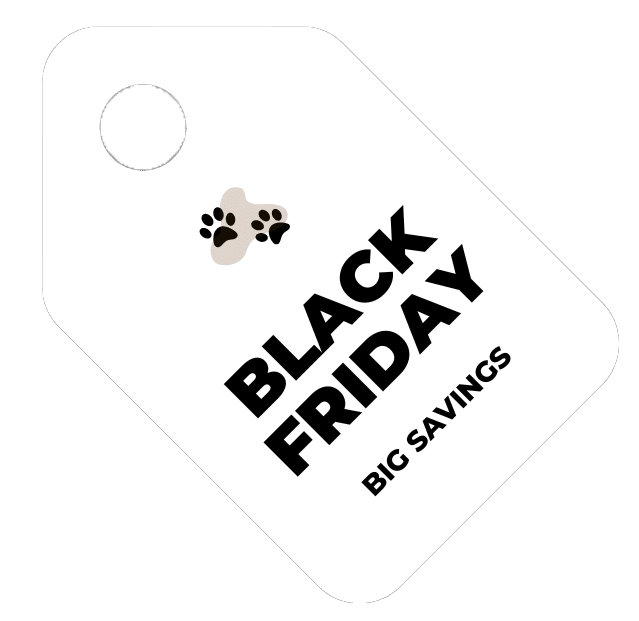If you abstain from meat and other animal products in your own life, you may be wondering if your cat can do the same. Do they have to eat meat? If a human can stay healthy on a plant-based diet, why can’t your feline companion? We see a lot of misinformation out there about the health of vegan cats, so we’re setting the record straight by answering the fundamental question: can a cat be vegan?
The short answer is no! You may be vegan, but your cat simply won’t do well without meat. That can be hard for some people to hear, so we’re walking through the basics of this confusing issue. By the end of things, you’ll have a better idea of what your cat should and shouldn’t eat, and how you can best support his or her health.
Why Can’t My Cat Be Vegan?
Perhaps you want to minimize your carbon footprint or stay aligned with your personal morals. Maybe you need to avoid animal products for a medical reason. Whatever the case, people can absolutely benefit from a vegan lifestyle, both physically and mentally. But cats aren’t people, and their digestive systems aren’t able to absorb an entirely plant-based diet.
To make things more confusing, dogs actually can survive on a vegan diet. But just because they’re also a companion animal doesn’t mean that their bodies are the same as cats.
Your kitty is an obligate carnivore—we know, the term sounds scary and not like your cuddly little buddy at all. But what it means is that felines need to eat meat in order to get the right nutrients. That includes taurine, Vitamin A, Vitamin D, and arachidonic acid, all substances that cats can’t synthesize on their own.
Taurine is particularly relevant to the vegan diet debate. As an essential amino acid, taurine acts as a building block of proteins—and it’s only found in animal products. A deficiency of this key compound eventually leads to retinal degeneration, heart issues, reproductive failure, and gastrointestinal problems. But you won’t see these changes immediately after a cat eats its first vegan meal; symptoms can take anywhere from five months to two years to appear. And although synthetic taurine exists, it can be difficult and ultimately harmful to try to artificially balance taurine and the various nutrients that your cat should be getting from meat.
What Should Cats Eat?
Now you know that cats shouldn’t eat exclusively plants, and that they need meat. But that directive is still a little vague for our tastes. Most cats need a healthy diet high in protein, with some fat and low amounts of carbohydrates, but age, health issues, and individual needs can all affect your kitty’s individual dietary needs. Work with your vet to figure out an ideal feeding routine for your cat, from what type of food to feed him to when, how often, and how much.
Generally, kittens should be fed three meals a day, and adult cats should get two. Whether you choose to use wet food, dry food, or a combination of the two depends on what your feline friend likes and may require some experimenting. You may discover that your cat is a picky eater, turning her nose up at whatever you put in her bowl. If you can’t seem to find the right food, your vet should have some suggestions or even a recipe you can put together that may get your kitty to eat.
Complement Your Cat’s Lifestyle with Natural Supplements
A healthy diet is critical to your cat’s wellbeing, but it’s not the only important part of her routine. Regular exercise, mental stimulation, and plenty of attention all play essential roles in keeping her happy and healthy. With the right care, your furry friend can be your side for years to come. But even the healthiest cat can always use some extra support to keep her at peak strength. Supplements made with natural ingredients offer a host of health benefits, from enhanced energy levels to support for kidney function and digestion.
At Wapiti Labs, we use powerful ingredients like elk velvet antler and ginseng in our natural dietary supplements. With the National Animal Supplement Council’s Seal of Quality applied to all of our pet supplements, you can rest assured that your cat or dog is getting only the finest, most beneficial ingredients. If you think your kitty could use a little extra joint support, or help with allergies, purchase on our website today with FREE shipping code: blog.





